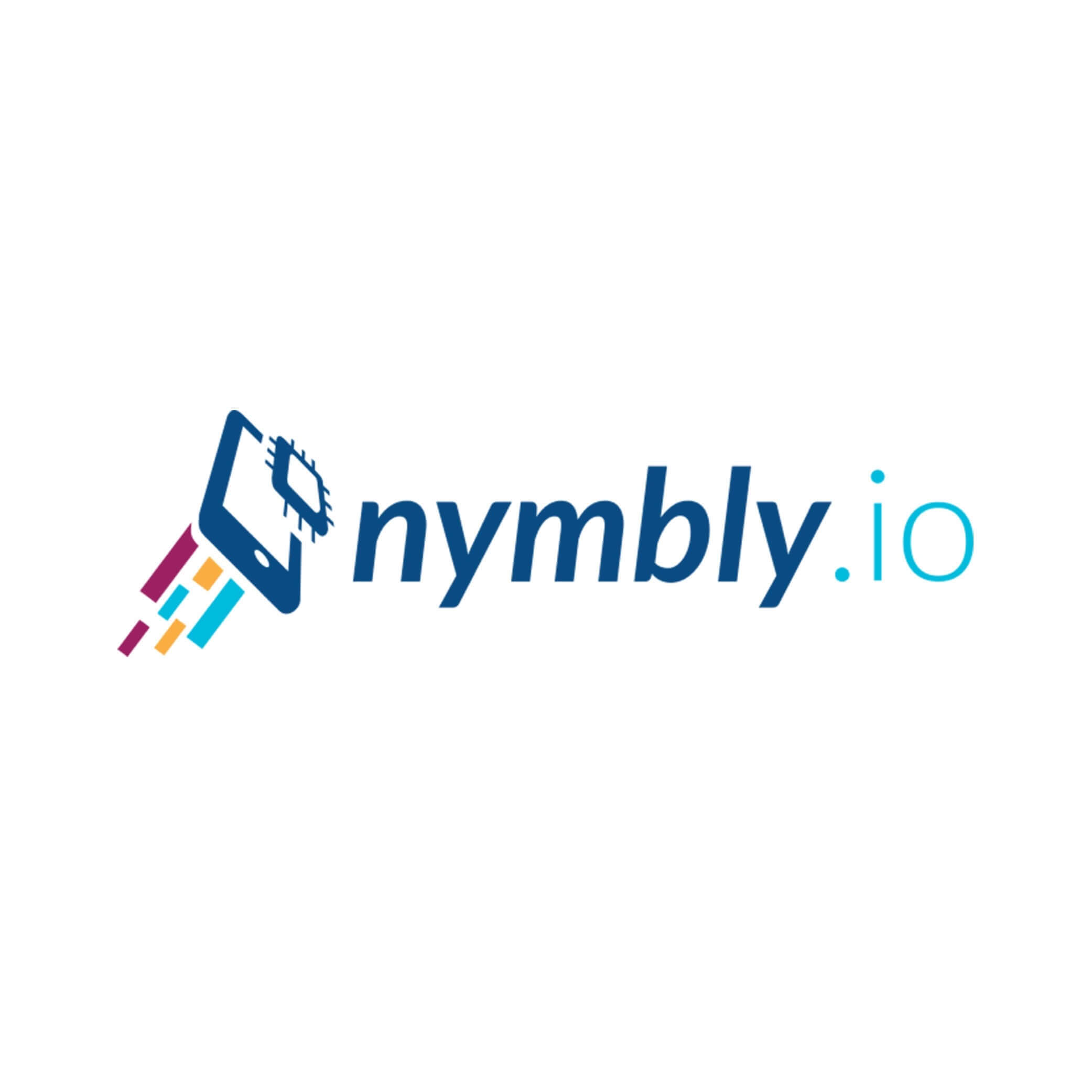Nymbly

When Jerome Joaug and Donatien Garnier founded Nymbly in 2016, to develop internet enabled air quality sensors, they had no idea that pivoting their business would be the key to success. Engaging with Digital Catapult’s Things Connected innovation programme unlocked untapped potential in their business that led to three contracts, collectively worth half a million pounds, and a buyer for their technology within nine months.
Nymbly’s initial business vision
Nymbly was born when founders Jerome and Donatien set out to create low cost, internet enabled air quality sensors. The vision was to use internet of things (IoT) technology to provide a much better understanding of air quality in urban environments. They were excited about the potential of the technology to dramatically reduce the cost of air sensors, which meant more than ever before could be deployed to provide a more comprehensive analysis. Being internet enabled also meant readings could be collected remotely, removing the need to visit each sensor.
The challenges of working at the leading edge of new technology
The reality of designing and testing air quality sensors was far more challenging than Nymbly had anticipated. The low power wide area network (LPWAN) technology being used to connect the sensors to the internet was in its infancy. A lot of experimentation would be needed to create a viable product. Nymbly needed to find a LPWAN network it could use to test the product and find technical experts to help learn more about the technology. It rapidly became clear that tools would need to be created to help connect the sensors to the network. Nymbly also needed help to navigate the market to find funding and clients.
How Nymbly engaged with Digital Catapult
Digital Catapult launched Things Connected, it’s LPWAN innovation programme in September 2016 with the aim of supporting startups developing IoT solutions needing LPWAN connectivity. Nymbly was one of the first startups to engage with the programme. This started a relationship with Digital Catapult that would ultimately transform Nymbly’s business radically.
In Autumn 2016, Nymbly responded to the Smart Cities open call which invited startups to develop and pitch ideas about how to use LPWAN technology to solve the challenges faced by major cities. Nymbly was selected as one of six startups to receive funding to further develop its ideas.
“Winning this funding was the start of our relationship with Things Connected and the team at Digital Catapult and was hugely beneficial for us. It gave us access to IoT experts and a practical project to focus on.” explains Nymbly co-founder Jerome Joaug.
Having benefited from the Smart Cities open call, Nymbly applied to join the first cohort of companies to participate in Things Connected’s innovation programme in April 2017. Successfully selected from over 120 applicants Nymbly were one of 14 startups to graduate through the programme in its first cohort.
“Part of Digital Catapult’s value is our ability to spot high potential startups. By identifying these businesses and giving them support early on to hone their value propositions, we accelerate the adoption of leading digital technologies.” said Peter Karney, Head of Product Innovation, Digital Catapult.
Things Connected provided Nymbly with a large, free to use LPWAN network that was already set up and ready to use. At this point the network covered parts of central London operating 20 gateways at sites that included the BT Tower, London Zoo and the Olympic Park with a total of around 250 square miles of coverage. Since then the network has expanded significantly and an additional 120 Gateways have been deployed in Northern Ireland, the North East and Bournemouth. Our recent partnership with TTN now means that Things Connected users can now benefit from a combined network with over 500 gateways in the UK. Nymbly used the network to test and develop its prototypes.
“In addition to saving us time and money, using the Things Connected network enabled us to connect to someone else’s LPWAN. This in itself is a good test of a product because, to be scalable, an IoT solution needs to connect to any LPWAN network. Participating in the Things Connected programme was such a great opportunity for us because it connected us to technical and industry experts and a community of IoT innovators” adds Donatien Garnier, Nymbly co-founder.
Finding unexpected business potential
In the process of developing its air sensor solution, Nymbly developed a platform that made three key parts of the process of managing IoT devices easier and more efficient.
- It provided a simple mobile interface that made it possible to set up an IoT device and connect it to the LPWAN with a single click. This tool delivers incredible time savings when hundreds of devices are involved
- An update module which enables a user to update the software across all their devices simultaneously. Making it easy to change what devices do and the information they collect
- A local processing unit that can be positioned close to IoT devices so they can still be managed even if the connection the internet drops
Nymbly realised that the platform they had developed was in huge demand by all their peers. It met a universal challenge faced by all businesses trying to develop IoT solutions giving it huge commercial appeal. By pivoting their business to focus on this new and growing IoT market rather than selling air sensors, Nymbly could open up new business opportunities. This decision meant stopping selling air quality sensors altogether and focusing solely on developing and selling its platform solution, addressing a completely different market.
Pivoting successfully delivered customers and a buyer for the technology
The mentorship Nymbly accessed as part of the Things Connected programme helped it to clearly define this new value proposition and how to communicate it to potential clients. The programme included a demo day where participants pitched their propositions to an audience of 80 potential clients
“Trying to navigate a new and rapidly evolving market can be really challenging but Digital Catapult’s Things Connected gave us invaluable access to business mentors from other fields who understood what it was like to operate in that sort of environment. The advice we received was gold dust” explains Nymbly co-founder Jerome Joaug.
The results
Understanding the dynamics of a new and emerging market and being able to clearly define and communicate its value proposition helped Nymbly successfully pivot its business and resulted in three significant contracts worth a total of half a million pounds within nine months of joining the Things Connected innovation programme. This included a contract to deploy over 2000 smart metres for a leading French energy provider, a project with Pedal Me to enable a prototype bike lock for a bicycle sharing scheme in Cambridge and a contract with Biosency to explore LPWAN connectivity for a wearable remote patient monitoring system.
It also drew Nymbly to the attention of Arm, the world’s leading semiconductor IP company, who purchased the technology, just nine months after Nymbly joined the Things Connected programme and just over a year since its initial application to the smart cities open call.

Access to large free to use LPWAN network for product testing
Access to mentors helping to navigate new market
Support to refine and communicate value proposition
Initial funding through smart cities open call (a joint initiative with Future Cities Catapult)
Nymbly's technology has been bought